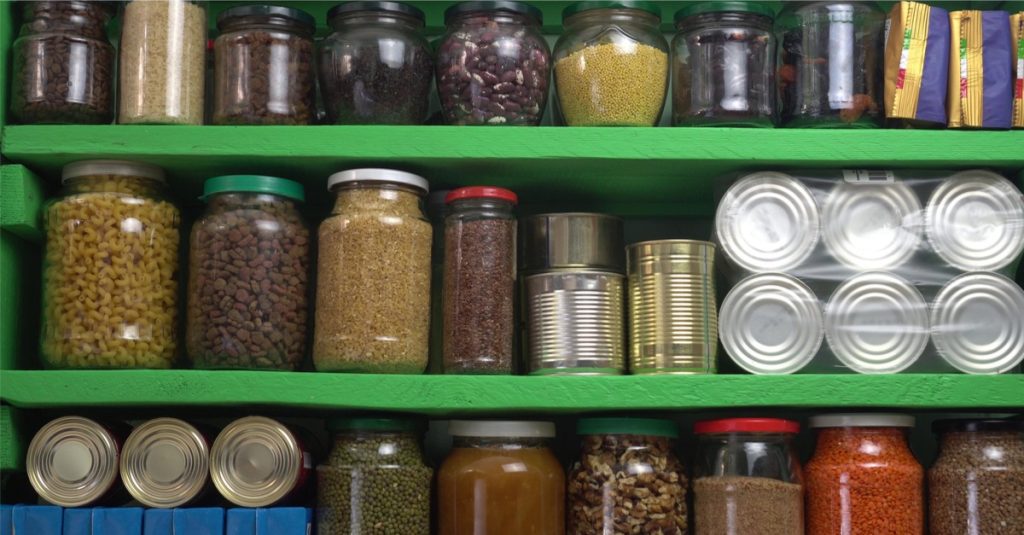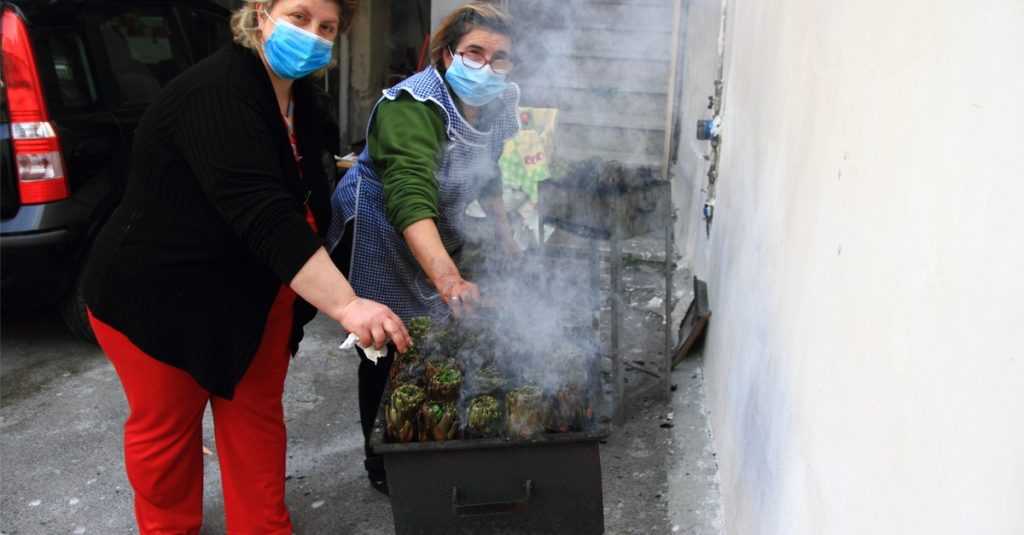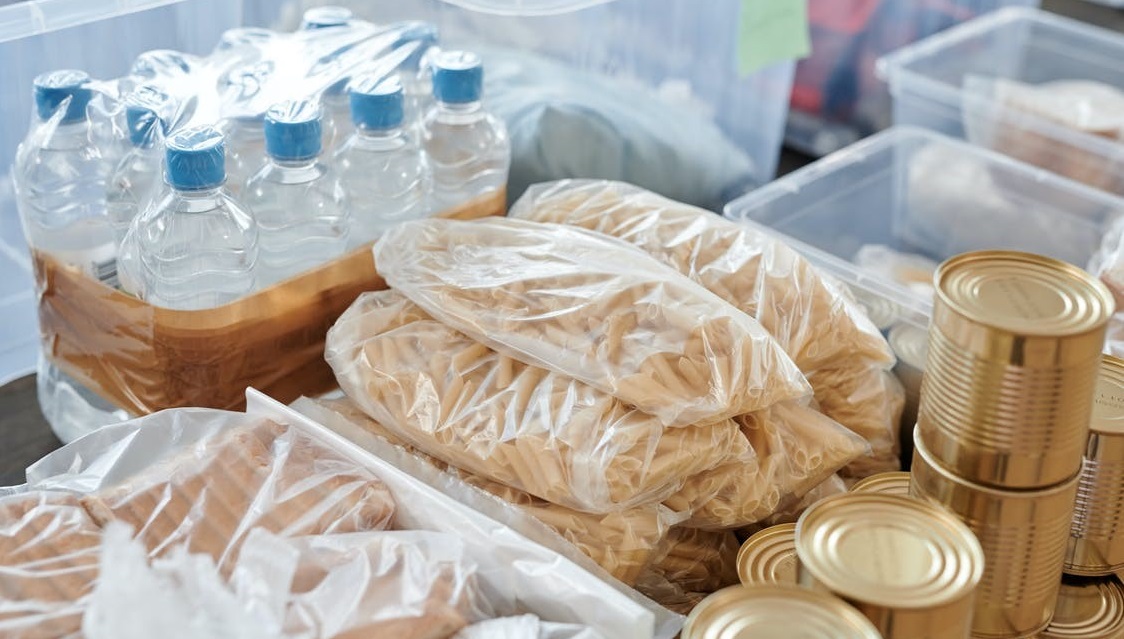Last Updated on October 7, 2022 by admin_hunter
Emergencies come suddenly without a fair warning. Most people often face such events in confusion and panic. But, you can stay away from the chaos if only you have prepared yourself beforehand. Having an emergency survival kit comes in handy. You also need to prepare at least a 2 week food supply list just to ensure that you and your family have something to live on until help arrives.
Making a 2 week food supply list can be a challenge, especially if you do not know what kinds of food to include. Fret not, as this article will help you create your own survival food stash.
Factors that Affect Your 2 Week Food Supply List
Writing down meal plans is never an easy task. It depends on several factors which you need to consider at all times. Otherwise, you might find yourself having less food than what you actually need or having foods that cannot be eaten when you need them most. To make a 2 week food supply list, think about these aspects:
Number of Family Members
The size of your family plays a crucial role in meal planning. Make sure that you have enough food supply for every member of the family (pets included). You also need to consider the ages of each family member. If you have babies and toddlers, you need to include milk in your food supply list.
What You Eat
Are you a vegan? Do you, or any family member, have any medical conditions that require restrictions? Doing a meal plan needs to take into considerations health problems and dietary restrictions like a low sodium diet. So, check what each of you eats and only include foods that are suitable for everyone to share as much as possible.
Method of Cooking
When an emergency situation arises, cooking food may pose a problem. You do not know if there will be enough water or heat or gas. That is why most foods that you should include in a 2 week food supply list must need no cooking or those that require a minimal amount of preparations.
Possible Electricity Shortage
Tornadoes, floods, hurricanes and snowstorms are only a few calamities that can hinder electric supply to homes. You may not be able to use the freezer for storing foods and must only rely on food storage containers. You may also not be able to use any of your house appliances such as the oven and microwave. Thus, you need to take this into account when writing down your emergency food stash. After all, there is no guarantee as to when the electricity becomes available for everyone again.
Create a 2 Week Food Supply List for Any Emergency

Emergencies may be unexpected, but that does not mean you cannot prepare for them. Food is an important part of your survival. Thus, you have to have the best survival food always on hand. To prepare for an emergency, follow these steps to guarantee you have foods to consume:
Draft a Plan
Writing a plan becomes a step easier once you have established the factors that you need to consider. Include the dietary needs of each family member. Check what you have in your pantry, as well as those that you have in the freezer. Though you cannot keep perishable foods for long, they might be able to survive for a few days still. Thus, they need to be consumed first.
Consider Your Budget
Purchasing foods enough for 2 weeks may strain your pocket, but only if you buy them all together. The trick for this is not to buy everything on your list simultaneously. Instead, collect ahead of time by purchasing a few things written on your 2 week food supply list whenever you do your regular grocery shopping. You will be surprised that you have completed everything on your list in no time without stretching your pocket too much.
Focus on the Important Essentials
Of course, you do not need junk foods in an emergency. Instead, get foods that are essential for your survival. It is best to stack up on the following:
- Granola bars
- Instant oatmeal
- Peanut butter
- Crackers
- Canned fruits and vegetables
- Canned beans, chicken, fish, chili for protein
- Dried fruits, nuts and seeds
It is also vital that you store enough water for a 14-day supply. If the situation allows, it is best to store more water since this is extremely vital for survival. A person may survive without food for weeks, but he can only endure without water for approximately 3 days. You may also consider having water purification tablets included in your emergency list. Do not forget to stack up on formula milk if you have babies and toddlers in the house too!
Don’t Forget Your Pet (If Any)
Pets are important family members too. As pet parents, it is your obligation to take care of them even during emergencies. Do not forget to include pet food in your stash of emergency items. This will help your pet survive the ordeal.
How to Cook Foods when Power Supply is Lost

Tealights! Yes, these tiny little candles provide a good way to warm up your food and even cook dry ones when you do not have a power supply. You need to have a cast-iron trivet for this to work properly though. Heat the trivet with a few tealight candles, and viola, you can start warming up foods!
For canned foods, remove the label and the lid. Put the can in the warmed trivet and give a few minutes to warm the food inside. The can may be hot, so don’t forget to use mitts or potholders when handling it.
For coffees and teas, you can warm water in small batches with this technique too!
Other Things to Remember
Always check for the expiry dates of your goods. No one knows when an emergency will happen. You might be stacking up goods for a year or so, but everything has been fine for the entire year and you weren’t able to use your emergency food supply. You can use your emergency supply and re-stack newly bought ones that have later expiration dates.
Keep calm. In any emergency situation, keeping calm is always the key to a higher chance of survival. Do not stress over things that you cannot control. Instead, focus on what you can do and establish a good emergency preparedness plan that you and the rest of the family can follow.
Educate family members. Emergencies require everyone’s cooperation and unity than ever before. Teaching each family member about certain responsibilities and things they can do when such situations arise will help keep everything more manageable.

